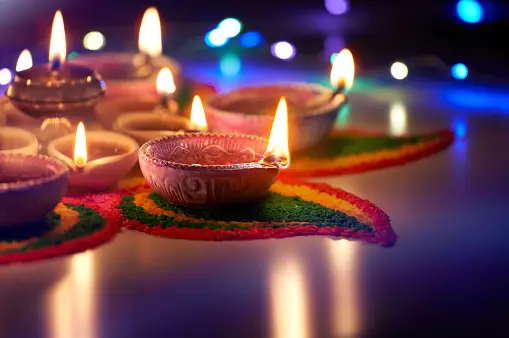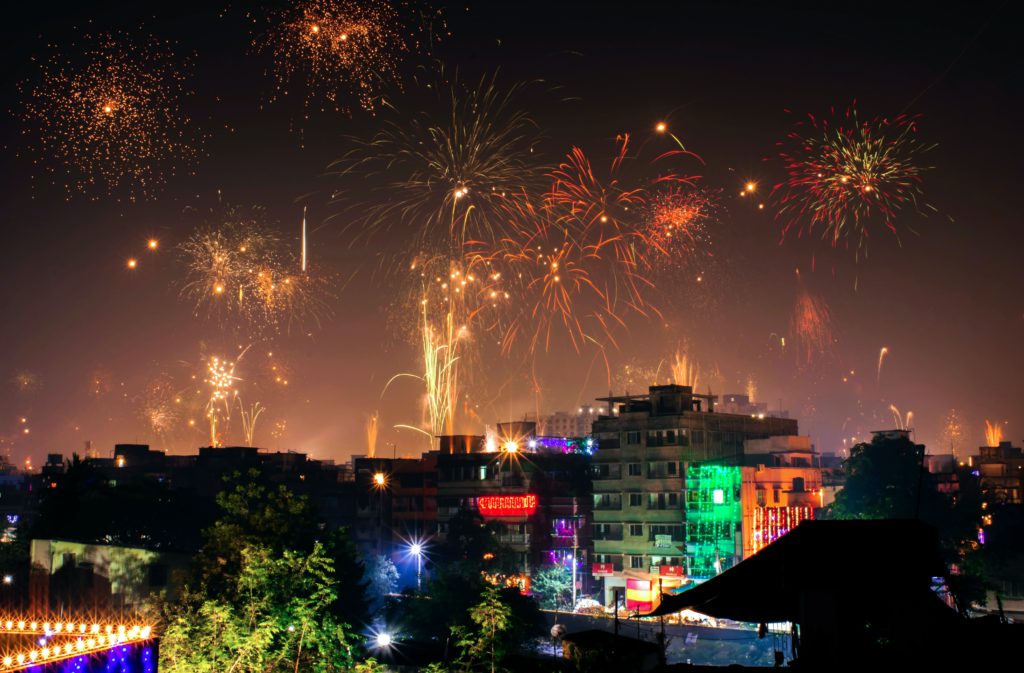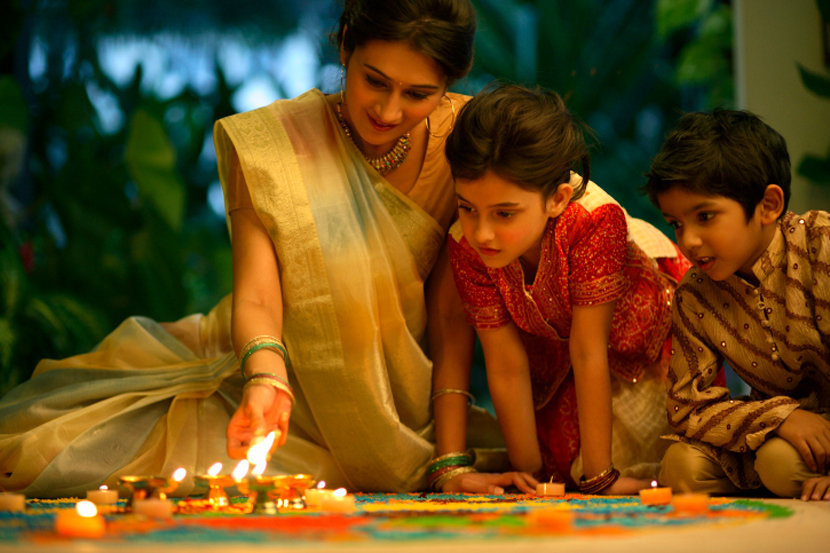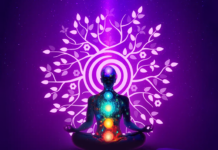Diwali, also known as the Festival of Lights, is a significant and widely celebrated festival in India and by Indian communities around the world. It holds great cultural, religious, and social significance, and it is associated with the lighting of lamps, candles, and fireworks.

Why Do We Celebrate Diwali?
It commemorates the day when Krishna was reported to have killed Narakasura. Narakasura was not his original name, but he caused so much trouble that everyone nicknamed him that. Narak signifies hell, therefore a Narakasura is someone who causes hell for everyone. When Krishna brought this “causing of hell” to an end, people celebrated by burning lamps in every dwelling. Although the Narakasura event is said to have occurred much later, the culture and habit of lighting lamps around this time dates back twelve to fifteen thousand years. People realized that at this time of year, life reaches a point of immobility. The idea is that if you are not living like a cracker, totally alive and on, at least someone else will.
This is about the festival’s personality, but the most important thing is to overcome lethargy. Life is an energy and time game. You only have so much time and energy to work with. Time passes whether you are active or inactive, well or ill. Time moves at the same rate for everyone. Nobody can slow it down or accelerate it. Your perspective of time, however, fluctuates depending on whether you are pleased or sad. Twenty-four hours seem to fly by when you’re in a good mood. When you’re depressed, 24 hours seems like an eternity.

It is a very short life if you are happy. Even if you live a hundred years, the potential that a human being carries will pass in no time. However, if inertia has taken hold of you and you are unhappy, it may appear like time has stopped. When people are unhappy, their desire for amusement grows dramatically. People do not have time for amusement when they are happy. Joy will consume all of your time. You wake up in the morning, and before you know it, it is night. When you are happy, you will go to great lengths. When you are unhappy, you will always find methods to avoid anything. Diwali is believed to bring light into people’s lives in several ways:
- Symbolic Significance: The lighting of lamps and candles during Diwali symbolizes the victory of light over darkness and good over evil. It is rooted in the Hindu epic Ramayana, where the return of Lord Rama to Ayodhya after defeating the demon king Ravana is celebrated with the lighting of lamps.
- Spiritual Significance: Diwali is a time for spiritual introspection and regeneration. Many people use this occasion to pray, meditate, and seek blessings for a prosperous and harmonious life. It is a time for self-improvement and the pursuit of inner light and wisdom.
- Community and Family Bonding: Diwali is a time when families come together to celebrate. It strengthens family bonds, as relatives gather, exchange gifts, and enjoy festive meals. Communities also come together through events, fairs, and celebrations.
- Acts of Kindness: During Diwali, people often engage in acts of charity and kindness. Giving to those in need and helping those less fortunate is an essential aspect of the festival. This act of giving helps brighten the lives of those who are struggling.
- Cultural Preservation: Diwali plays a crucial role in preserving and passing down cultural traditions and values from one generation to the next. It is a time when people dress in traditional attire, participate in rituals, and share stories from their cultural heritage.
- Economic Impact: Diwali has a significant economic impact, as it is a time of increased consumer spending. This can stimulate the economy, create job opportunities, and contribute to the well-being of many individuals and businesses.
- Festive Decorations: The colorful and decorative aspects of Diwali, including rangoli (colorful patterns made on the ground), torans (door hangings), and vibrant clothing, add to the festive atmosphere and create a sense of joy and positivity.
- Cleansing and Renewal: Before Diwali, many people engage in a thorough cleaning of their homes, symbolizing the removal of negativity and the welcoming of positive energy. This physical cleansing often extends to personal habits and lifestyle choices.
- Environmental Awareness: In recent years, there has been a growing emphasis on celebrating an eco-friendly Diwali. This encourages people to use eco-friendly lamps and reduce the environmental impact of fireworks, promoting a more sustainable and responsible celebration.

In summary, Diwali helps in lightening lives by promoting the values of hope, happiness, unity, and positivity. It encourages people to come together, share joy, and work toward personal and collective well-being. The festival’s symbolism and traditions inspire individuals to strive for a brighter, more prosperous future while cherishing their cultural heritage.






